The economics undergraduate program at Delhi University (DU) features a centralized admissions process starting in May, involving a challenging entrance exam that tests knowledge in economics, mathematics, and statistics through 50 multiple-choice questions in 2 hours. Admission is split between entrance-based and merit-based modes, with over 115 seats available. DU is highly regarded for its postgraduate economics studies, boasting a skilled faculty, many with PhDs from prestigious global universities. The faculty-to-student ratio is about 1:20, allowing for personalized attention.
Tuition and fees are notably low, at Rs 13,000 for two years, with a placement cell membership fee of Rs 12,000 for the same period. Overall annual fees, including library and lab charges, are around Rs 8,000. Scholarships are available based on merit and financial need, such as the Dr. Manmohan Singh Scholarship and EXIM Bank Scholarship, among others. The institution is recognized for its high return on investment, with the highest placement package reaching Rs 45 LPA in 2024, and an average package between Rs 18-20 LPA.
Historically, average packages have been Rs 13-14 LPA, with almost 100% placement rates. Internships offer stipends from Rs 10,000 to Rs 1,50,000 per month. The placement cell actively supports students in securing internships and final placements, attracting companies like JP Morgan, Citi Bank, and Deloitte.

![Delhi School of Economics, University of Delhi - [DSE]](https://image-static.collegedunia.com/public/college_data/images/logos/1703734276mbadsebacombined1.png?h=71.7&w=71.7&mode=stretch)

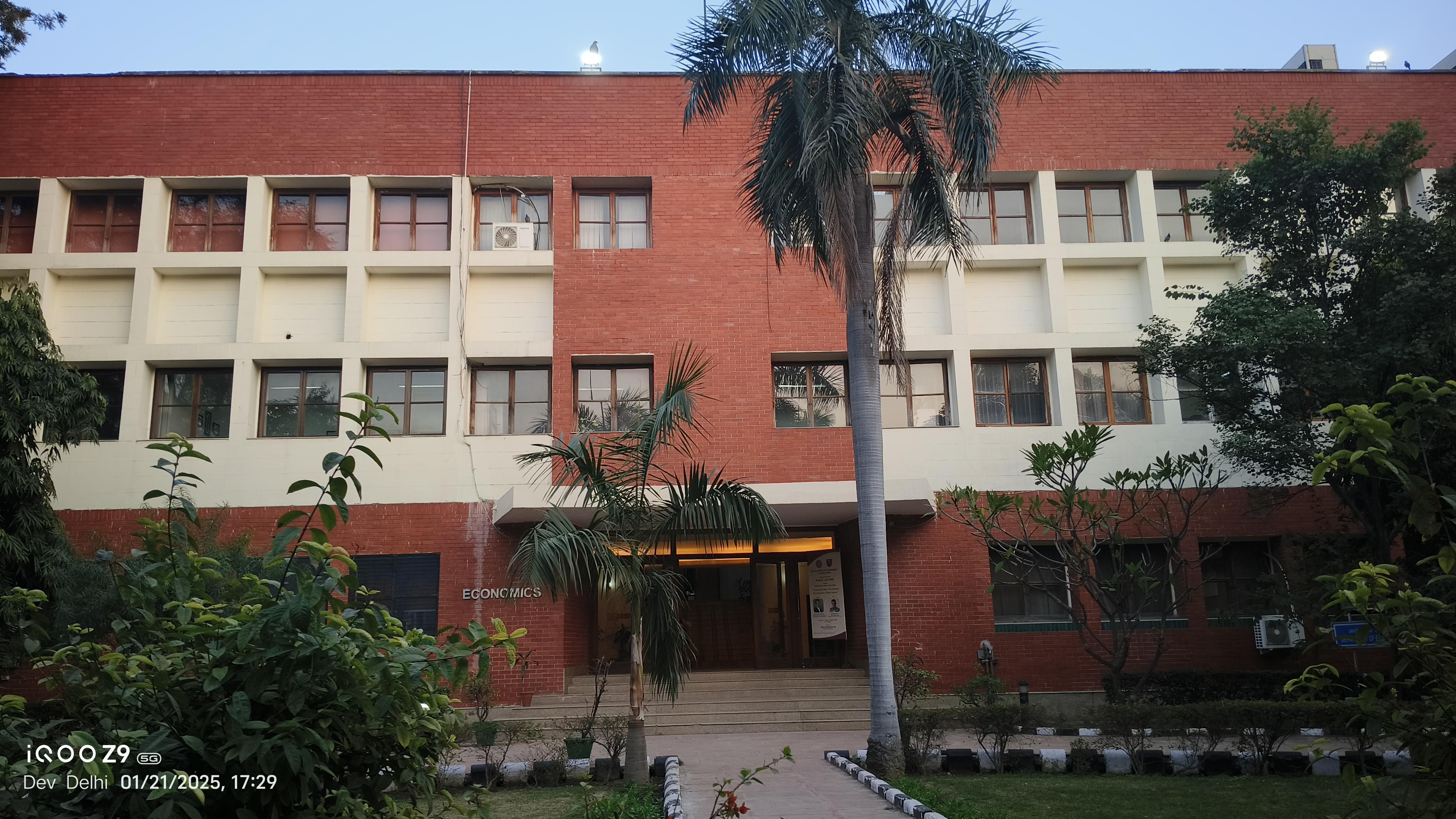
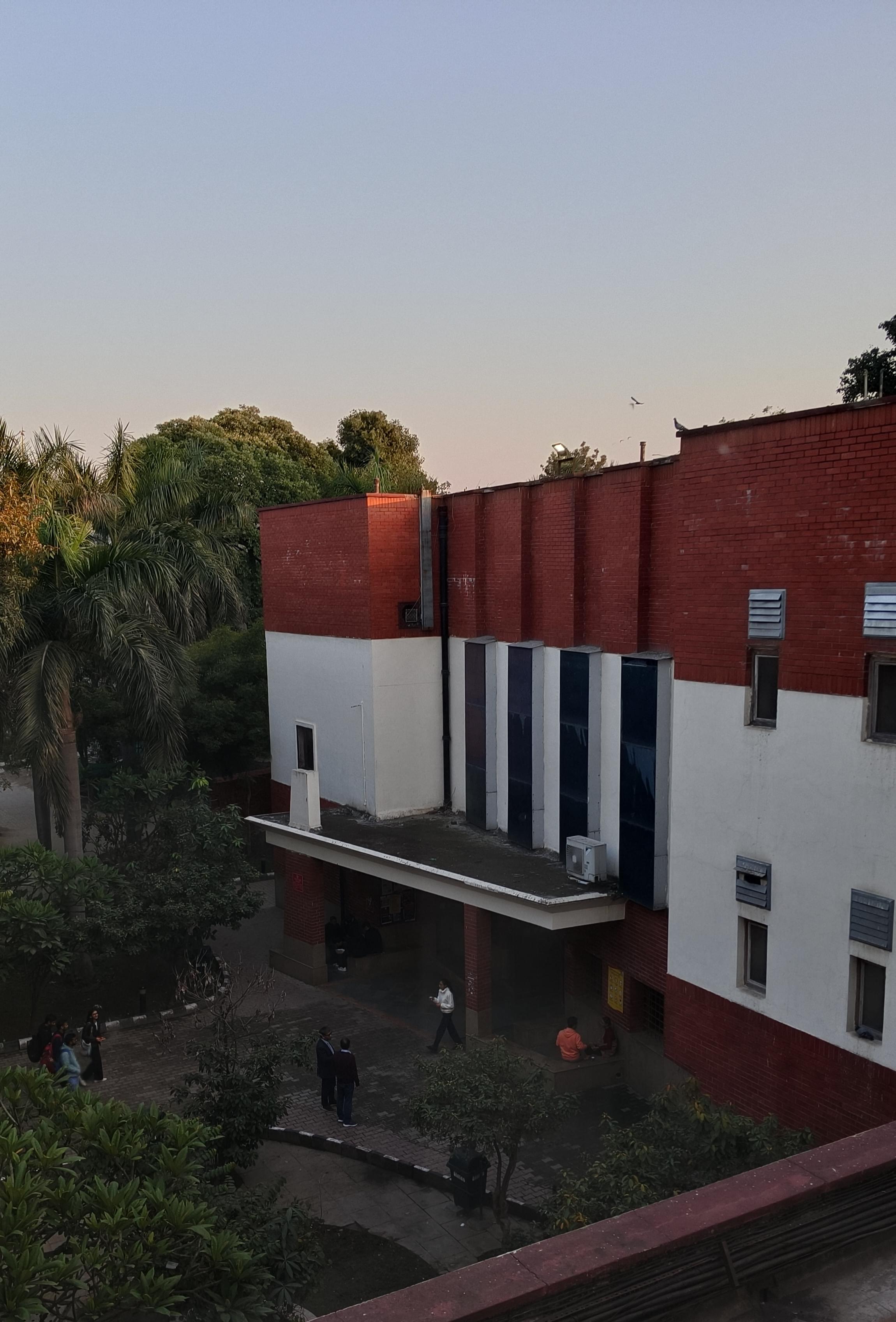
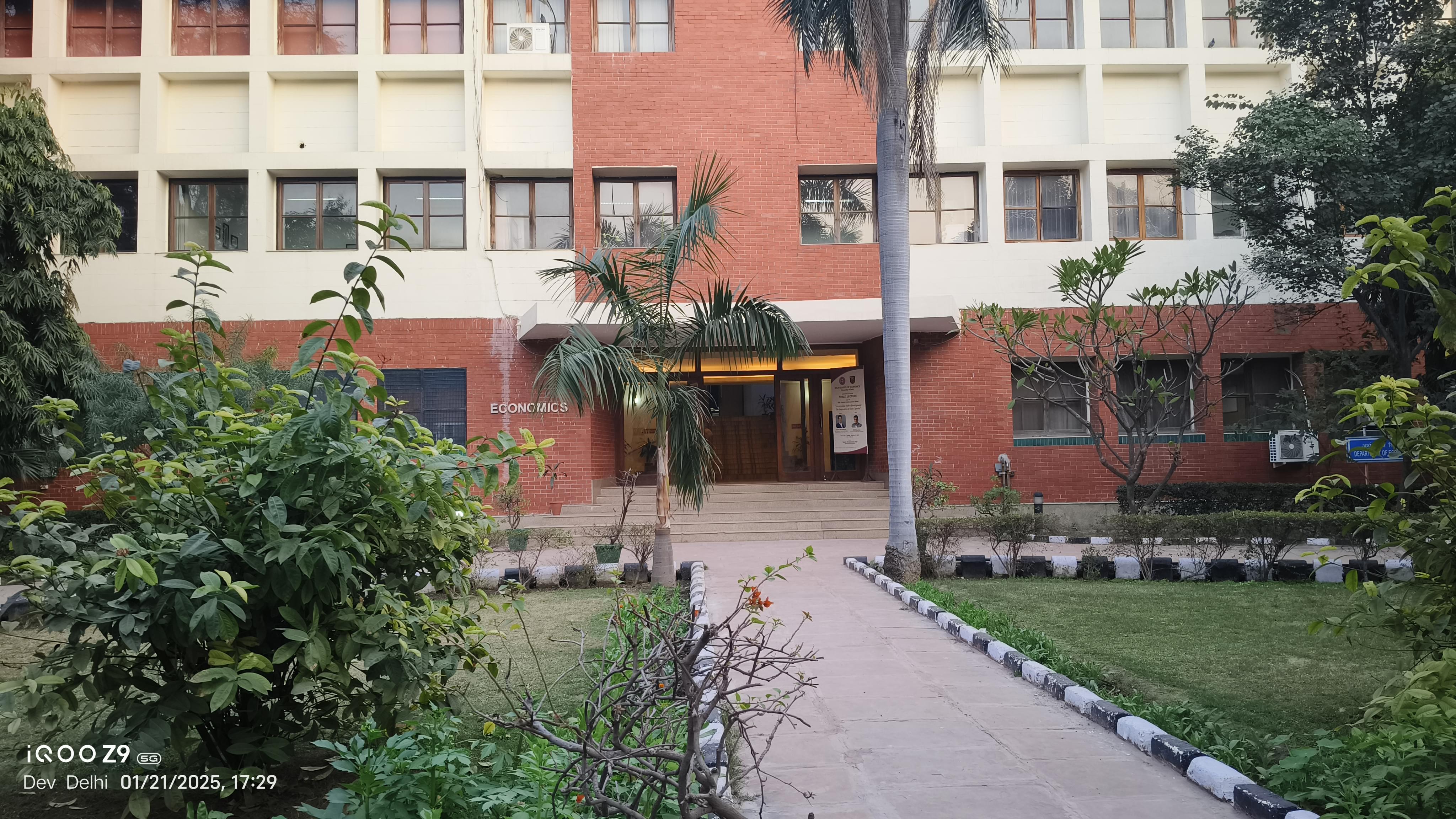
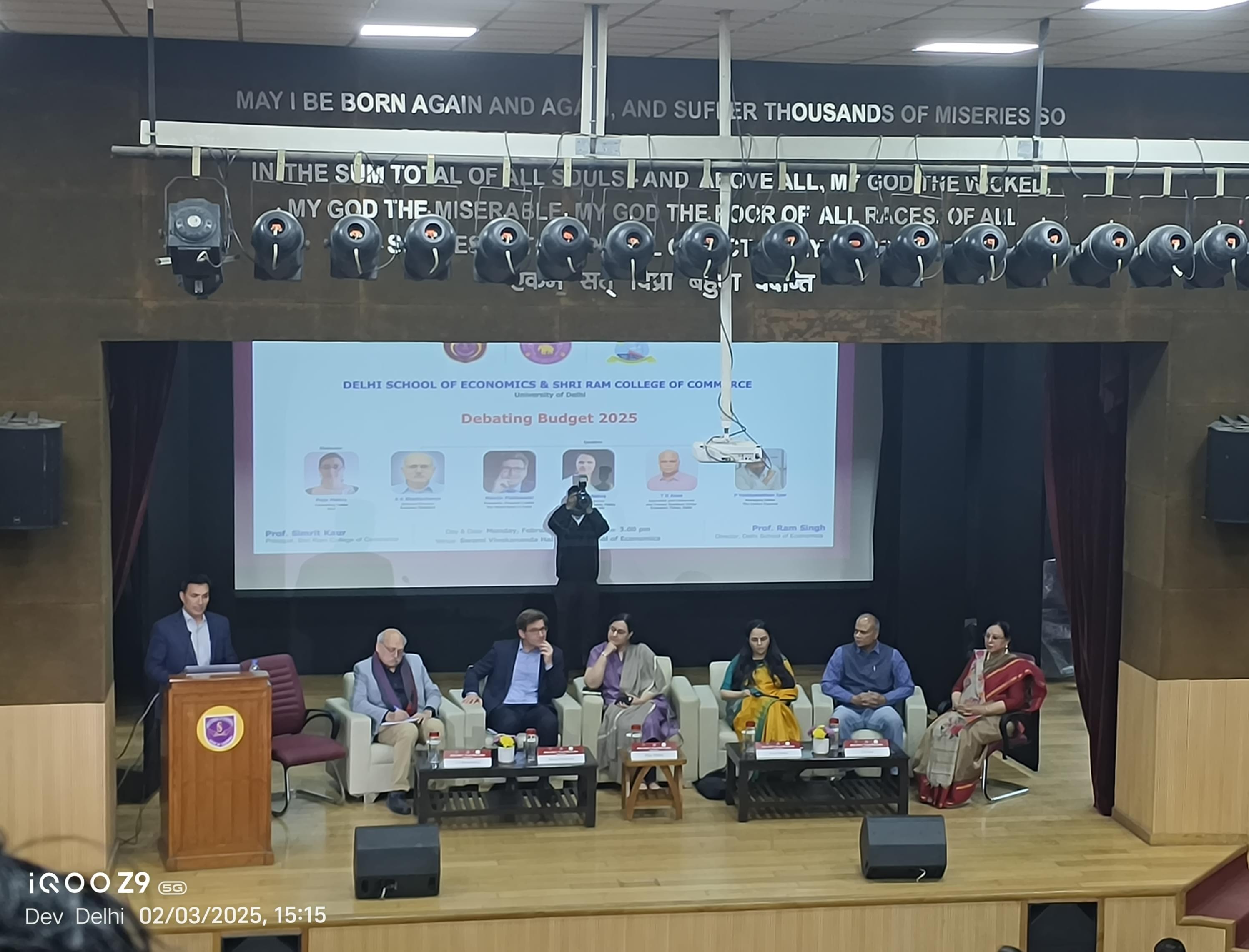
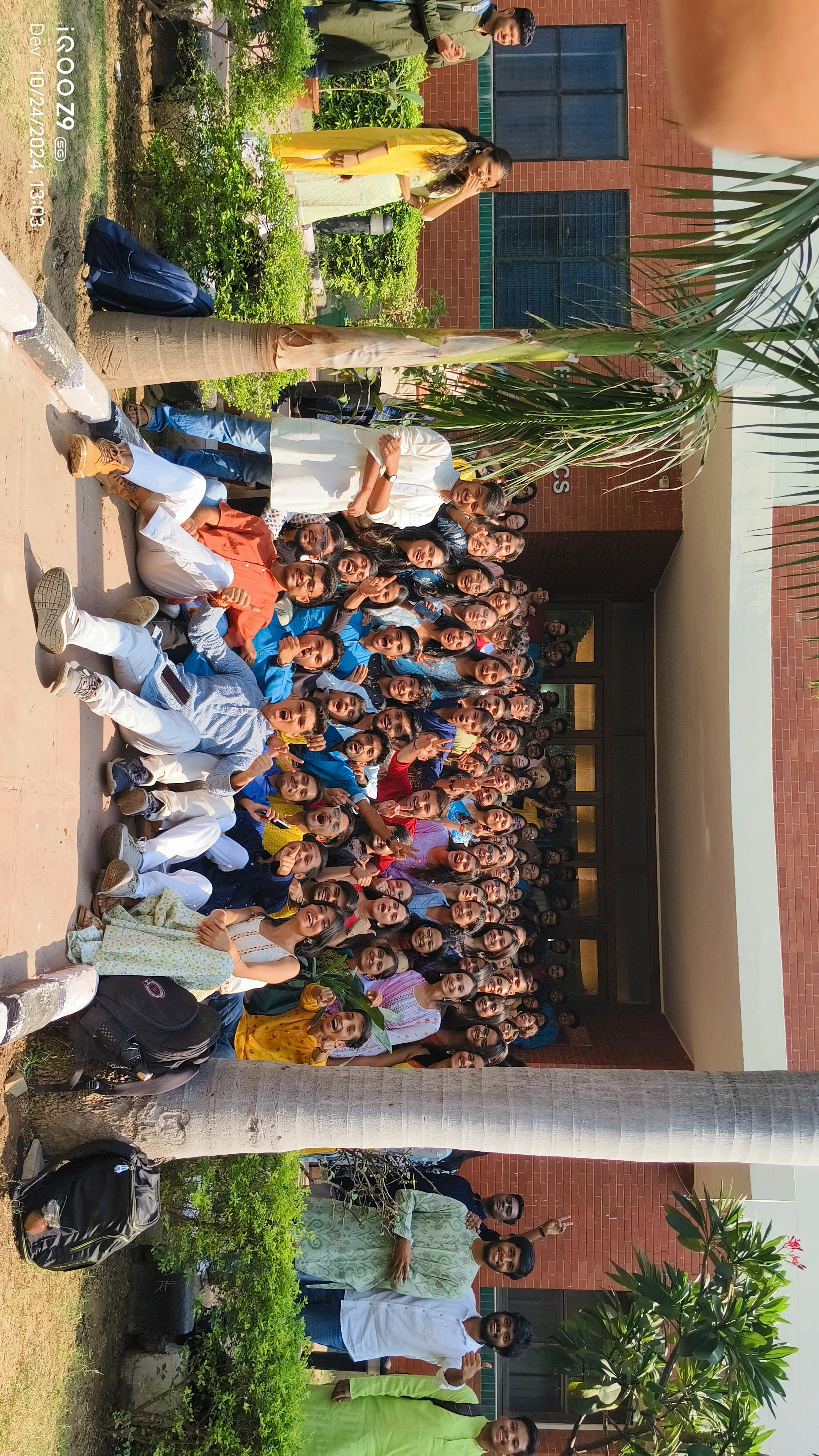
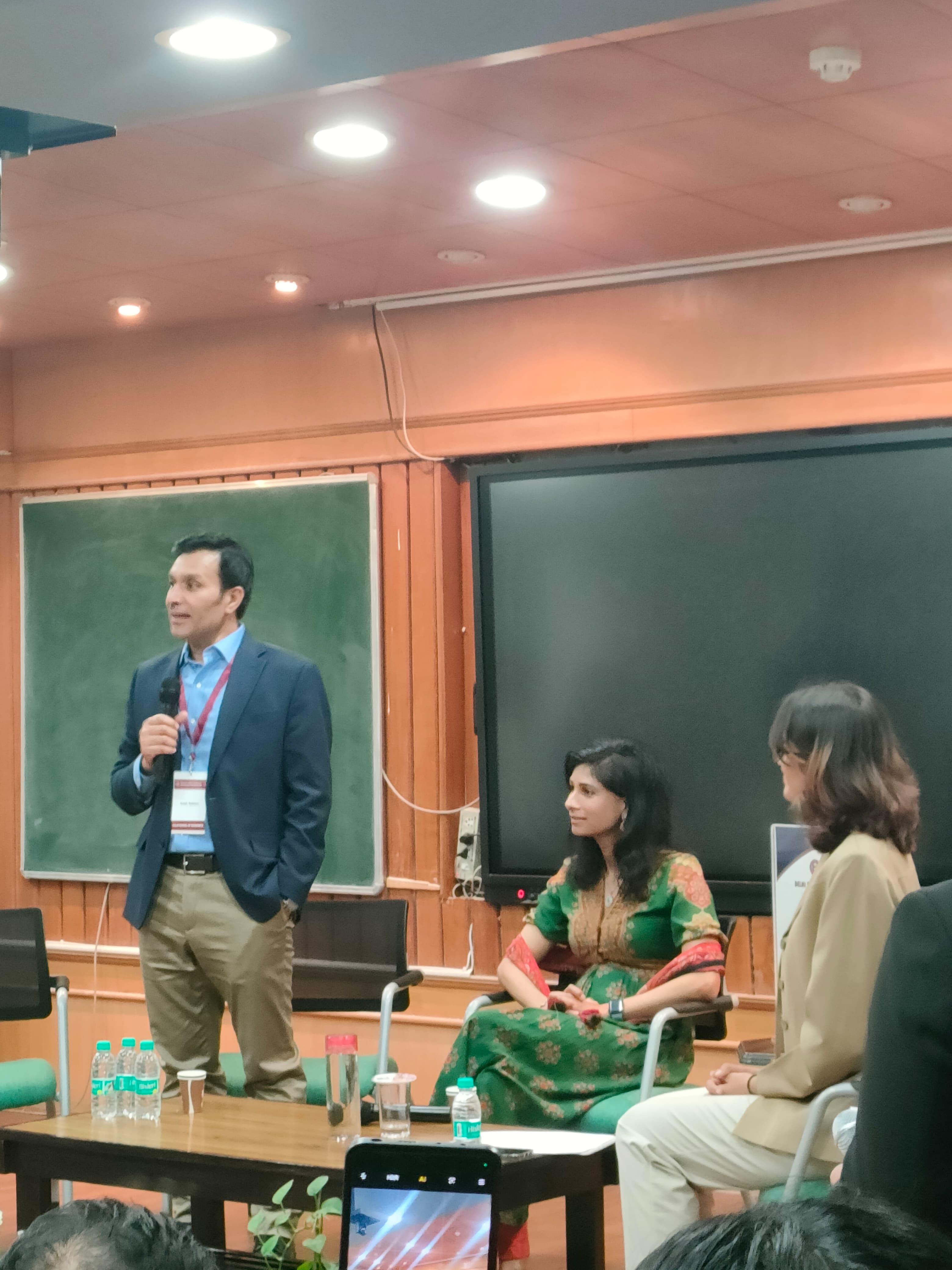
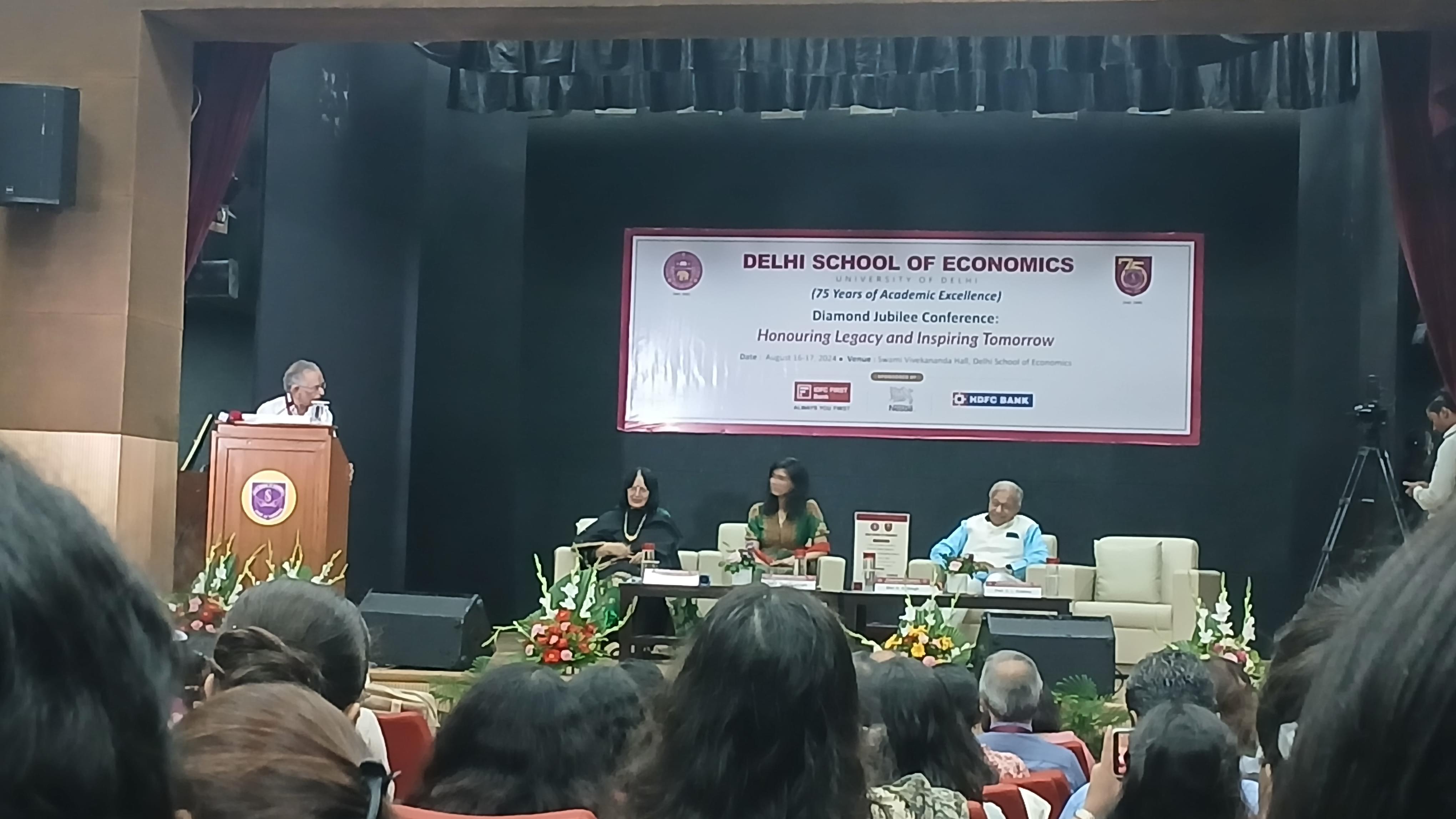
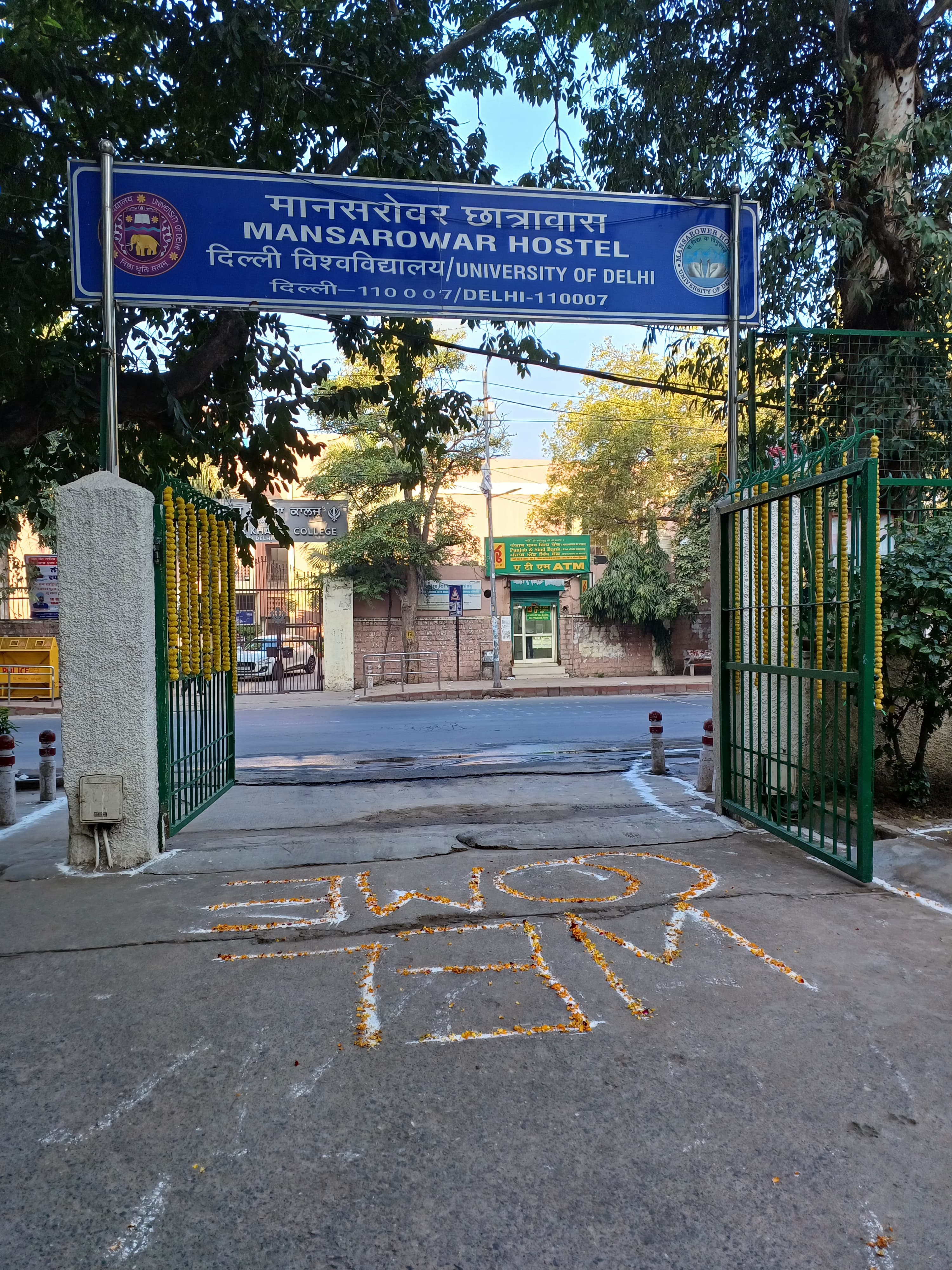
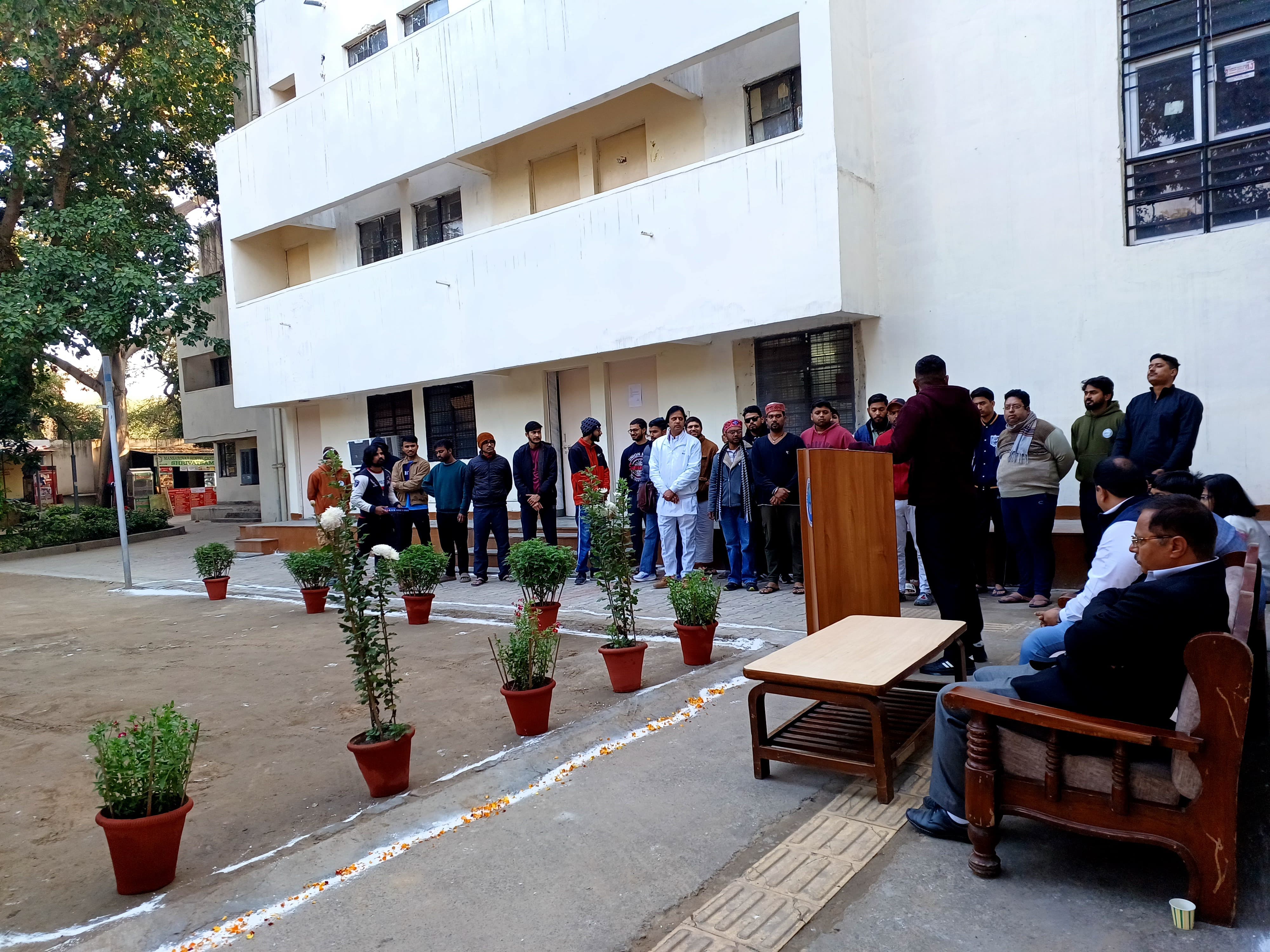
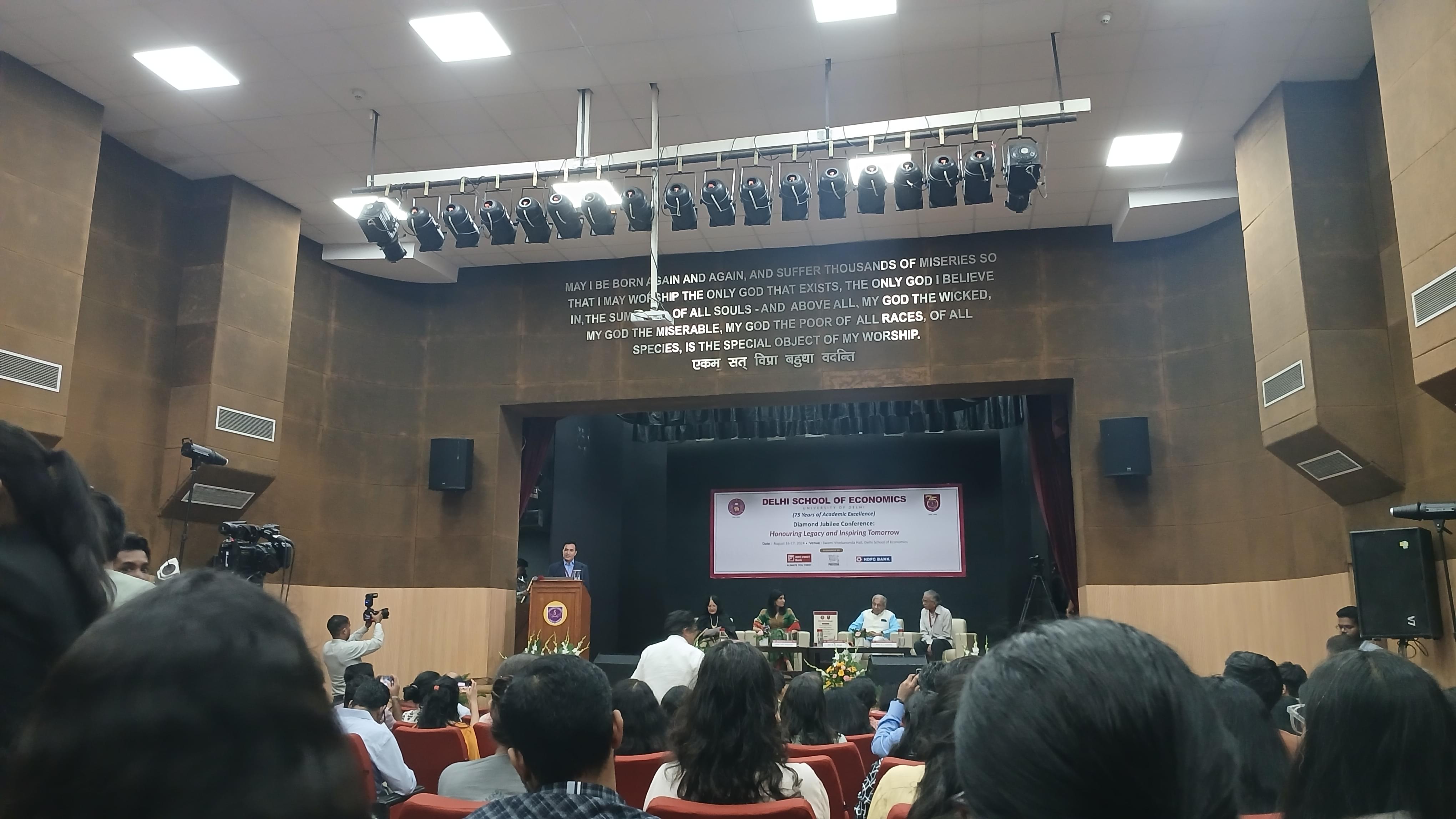
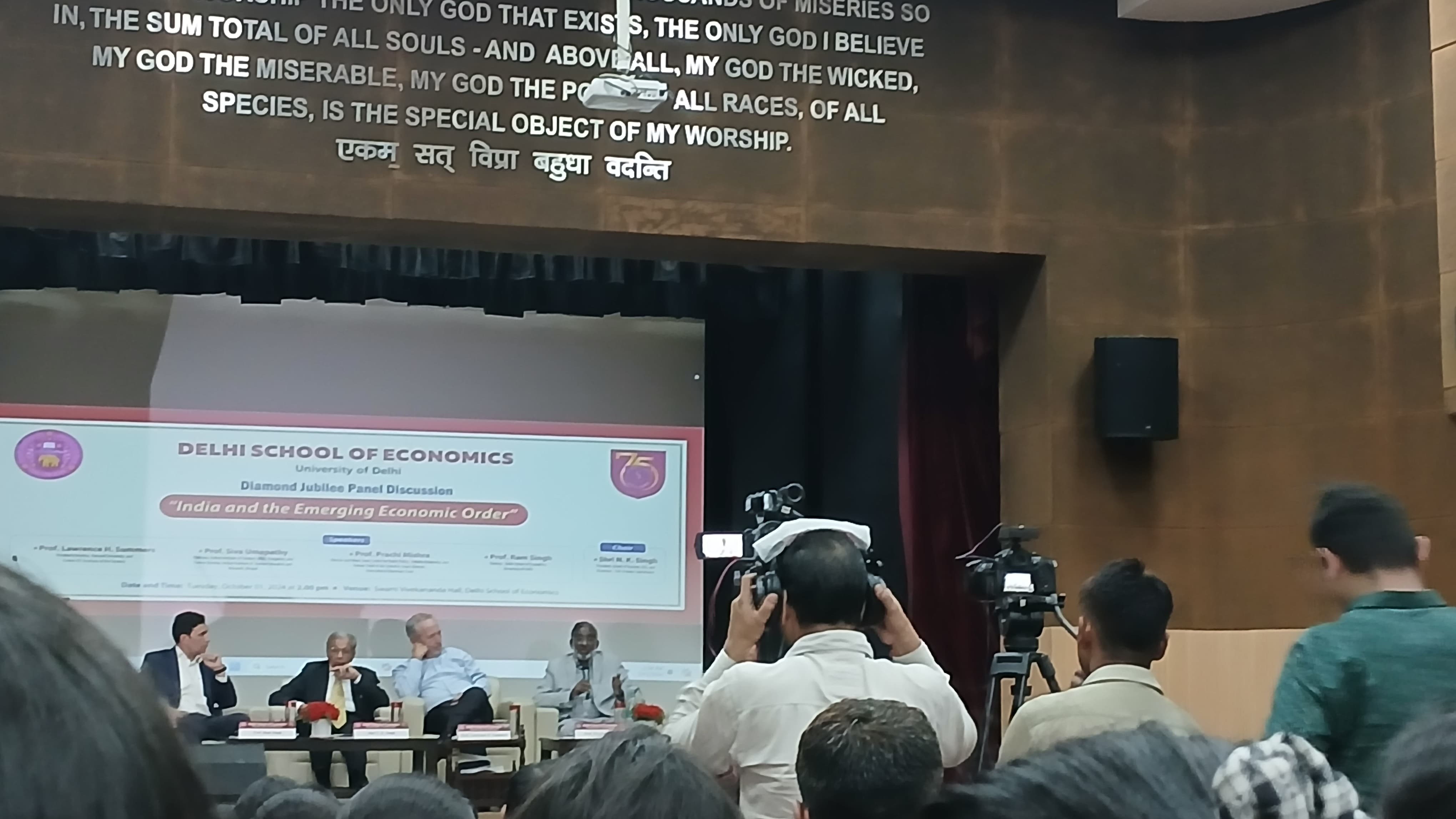














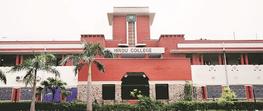

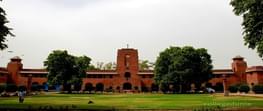



















































Comments